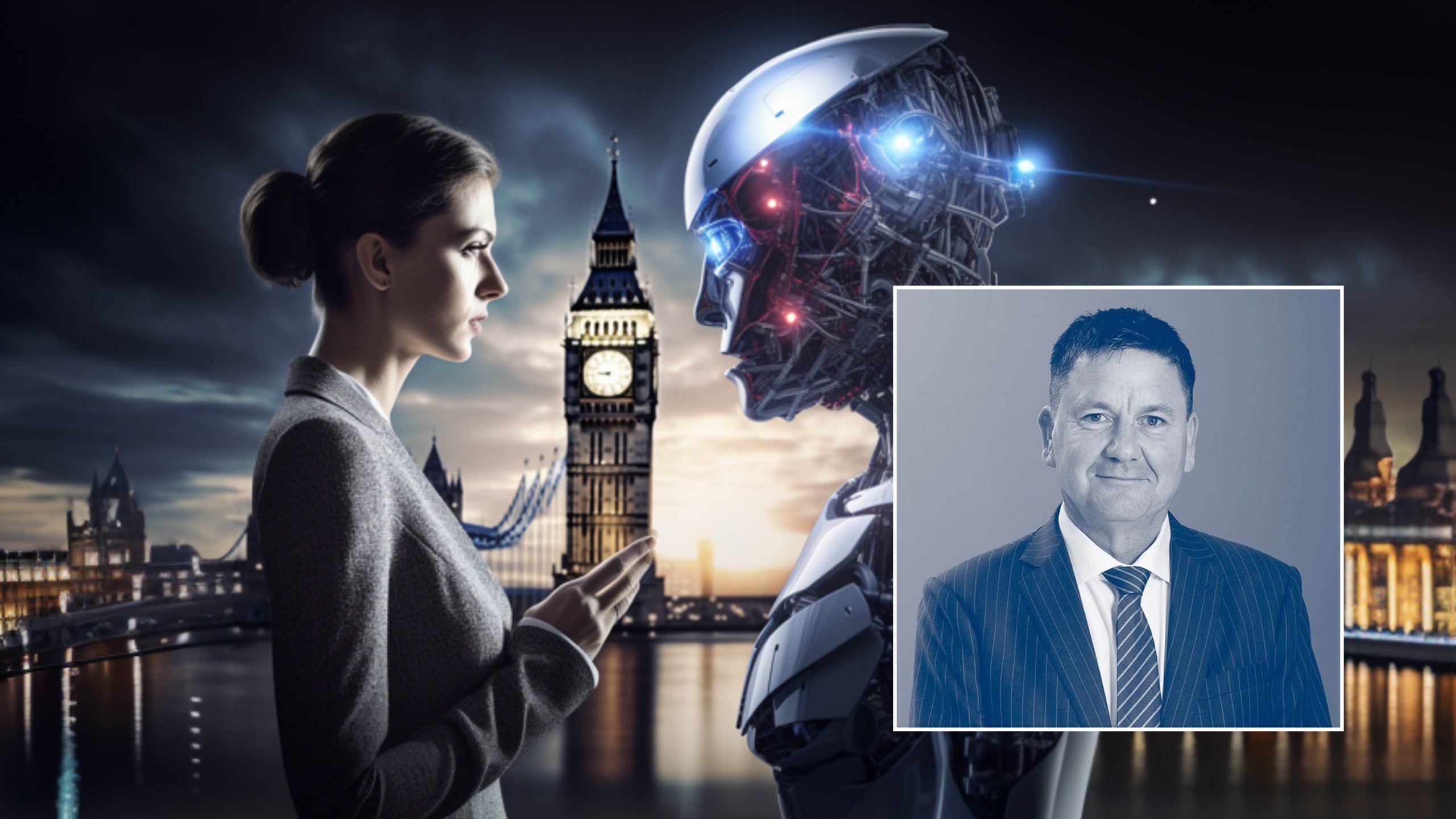
As the world becomes more reliant on AI and smart technology, growing concerns are eclipsing the initial enthusiasm. John Edwards, the UK Information Commissioner, cautions that 2024 might significantly decline public trust in AI technologies.
Consequently, he called upon tech developers to prioritize privacy right from the inception of their products. This revelation comes as a response to research indicating growing unease regarding AI among the public.
Also read: US Chamber Commission Urges Congress to Prioritize AI Regulation
Growing Concerns over AI
Mr. Edwards, in his address at TechUK’s Digital Ethics Summit 2023, highlighted the pressing need to address this issue. He emphasized that trust in AI is pivotal for its continued growth and societal innovation. According to him, if people lose confidence in AI, its adoption could decline, reducing benefits and limiting societal advancements.
“If people don’t trust AI, then they’re less likely to use it, resulting in reduced benefits and less growth or innovation in society as a whole.”
In addition, Edwards highlighted AI’s vital role in diverse sectors, notably in business, where it drives innovation, enhances customer service, and offers rapid solutions to technical problems. However, he cautioned that these benefits should not undermine individual privacy.
He assured that the Information Commissioner’s Office (ICO) is committed to taking firm action against any entity that breaches data protection laws. This ensures that the advancement of AI does not compromise data privacy and security.
“I believe I can also assume that you understand and appreciate that our existing regulatory framework allows for firm and robust regulatory intervention as well as innovation.”
The Warning to “Bad Actors”
Addressing the potential misuse of AI, Mr. Edwards issued a clear message to organizations that do not respect individuals’ information and exploit AI for competitive advantages. He stated unequivocally that non-compliance with data protection laws would not be profitable. His office is ready to impose fines commensurate with the gains achieved through non-compliance.
“Our message to those organizations is clear: non-compliance with data protection will not be profitable.”
Mr. Edwards further outlined his expectations for the industry, emphasizing the support available from the ICO. This support includes AI guidance, an award-winning Innovation Advice Service, and a Sandbox. He underlined the inseparable relationship between privacy and AI, asserting that it is imperative to safeguard people’s rights when using AI systems, products, or services.
“Privacy and AI go hand in hand—there is no either/or here. There are no excuses for not ensuring that people’s personal information is protected if you are using AI systems, products, or services.”
Global Concerns on AI
The risks associated with rapidly developing AI have become a top priority for policymakers worldwide. This concern escalated after Microsoft-backed OpenAI released ChatGPT to the public. Britain recently hosted the world’s first artificial intelligence safety summit in November. Although there was a consensus on the need for AI regulation, a comprehensive global plan for overseeing the technology remains a work in progress.
As we approach 2024, the central focus of conversations revolves around the reliability of AI systems and the imperative need to safeguard individuals’ privacy. This leads us to ponder: How can we effectively balance the societal benefits of AI with an unwavering dedication to safeguarding personal privacy?
- SEO Powered Content & PR Distribution. Get Amplified Today.
- PlatoData.Network Vertical Generative Ai. Empower Yourself. Access Here.
- PlatoAiStream. Web3 Intelligence. Knowledge Amplified. Access Here.
- PlatoESG. Carbon, CleanTech, Energy, Environment, Solar, Waste Management. Access Here.
- PlatoHealth. Biotech and Clinical Trials Intelligence. Access Here.
- Source: https://metanews.com/uk-information-chief-warns-ai-could-erode-trust-in-tech-by-2024/



